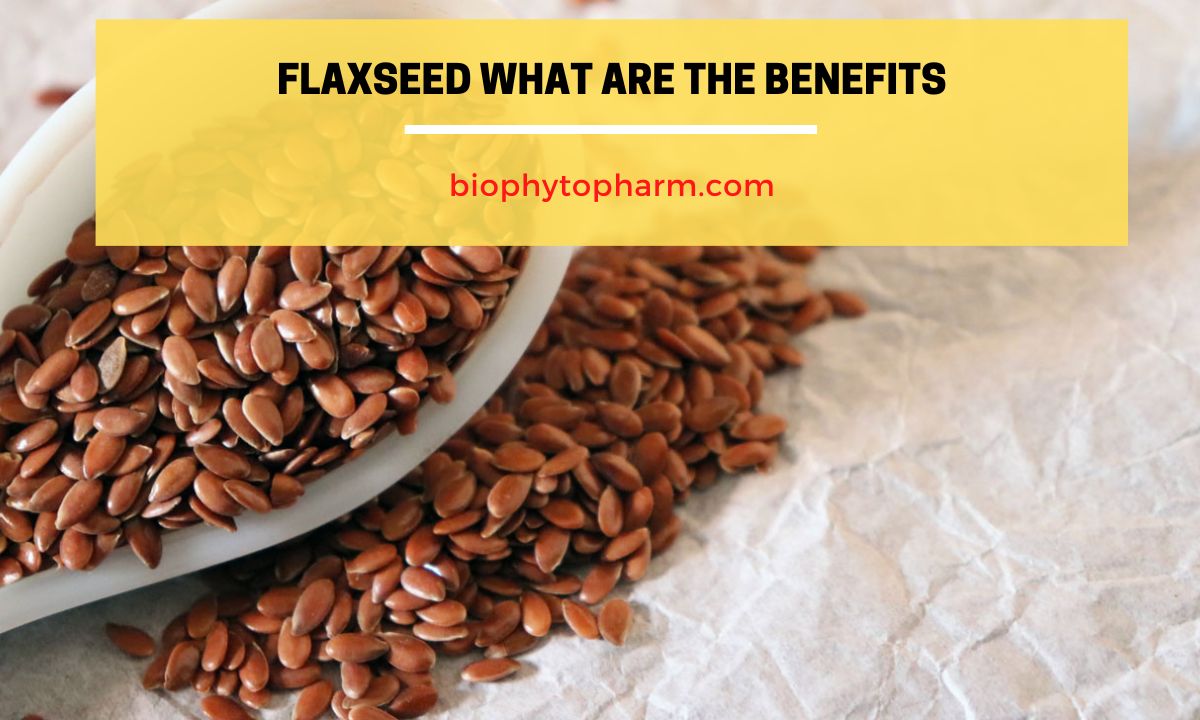Flaxseed What Are The Benefits
Flaxseed is a popular superfood that has been used for centuries for its numerous health benefits. It is also known as linseed, and its botanical name is Linum usitatissimum. Flaxseed is a rich source of omega-3 fatty acids, fiber, lignans, and other nutrients that make it a great addition to any diet. In this article, we will explore the benefits of flaxseed and how it can improve your health.
Flaxseed is Rich in Omega-3 Fatty Acids
Flaxseed is one of the best sources of plant-based omega-3 fatty acids, which are essential for maintaining good health. These fatty acids are important for brain function, heart health, and reducing inflammation in the body. Flaxseed contains alpha-linolenic acid (ALA), which is converted into eicosapentaenoic acid (EPA) and docosahexaenoic acid (DHA) in the body. These are the same omega-3 fatty acids found in fish oil but in a vegetarian form.
Flaxseed is High in Fiber
Flaxseed is an excellent source of fiber, both soluble and insoluble. Soluble fiber is important for regulating blood sugar levels and reducing cholesterol levels, while insoluble fiber promotes regular bowel movements and helps prevent constipation. Just two tablespoons of flaxseed contain 6 grams of fiber, which is almost 25% of the recommended daily intake.
Flaxseed is a Rich Source of Lignans
Flaxseed is the richest dietary source of lignans, which are plant compounds that have antioxidant properties. Lignans have been shown to reduce the risk of breast cancer, improve bone health, and reduce inflammation in the body. Flaxseed contains up to 800 times more lignans than other plant-based foods.
Flaxseed Can Help Reduce Inflammation
Inflammation is a natural response to injury or infection, but chronic inflammation can lead to a host of health problems. Flaxseed contains alpha-linolenic acid (ALA) and lignans, which have been shown to reduce inflammation in the body. Studies have also shown that flaxseed can reduce the risk of chronic diseases such as cancer, heart disease, and diabetes.
Flaxseed May Help Reduce the Risk of Heart Disease
Heart disease is the leading cause of death worldwide, and reducing the risk of heart disease should be a priority for everyone. Flaxseed has been shown to reduce the risk of heart disease by lowering blood pressure, reducing inflammation, and improving cholesterol levels. Flaxseed contains high levels of alpha-linolenic acid (ALA), which has been shown to reduce the risk of heart disease by up to 14%.
Flaxseed May Help Improve Digestive Health
Flaxseed is a natural laxative and can help improve digestive health by promoting regular bowel movements. Flaxseed also contains mucilage, a gel-like substance that forms in the digestive tract, which can help relieve constipation and diarrhea.
Flaxseed May Help Improve Skin Health
Flaxseed oil is a popular ingredient in skincare products due to its moisturizing and anti-inflammatory properties. Studies have shown that flaxseed oil can help improve skin health by reducing inflammation, improving hydration, and reducing the signs of aging.
Flaxseed May Help Improve Brain Function
Flaxseed is rich in omega-3 fatty acids, which are essential for brain function. Studies have shown that omega-3 fatty acids can improve cognitive function, memory, and mood. Flaxseed also contains lignans, which have been shown to improve brain function and reduce the risk of age-related cognitive decline.
Flaxseed May Help with Weight Loss
Flaxseed is high in fiber, which can help you feel fuller for longer and reduce your appetite. Studies have shown that adding flaxseed to your diet can lead to reduced calorie intake and weight loss. Flaxseed can be added to smoothies, yogurt, and oatmeal, or used as a substitute for eggs in baking.
Flaxseed May Help Reduce the Risk of Cancer
Flaxseed has been shown to reduce the risk of certain types of cancer, including breast, prostate, and colon cancer. Lignans found in flaxseed can help regulate estrogen levels, which is important for reducing the risk of breast cancer. Flaxseed also contains alpha-linolenic acid (ALA), which has been shown to reduce the risk of prostate and colon cancer.
Conclusion
In conclusion, flaxseed is a versatile and nutrient-dense superfood that can provide numerous health benefits. It is rich in omega-3 fatty acids, fiber, lignans, and other nutrients that can help reduce inflammation, improve heart health, aid digestion, and even promote weight loss.
With its nutty flavor and crunchy texture, flaxseed can be easily incorporated into your diet by adding it to smoothies, salads, yogurt, and oatmeal, or even using it as a substitute for eggs in baking. As with any dietary change, it is important to consult with a healthcare professional before adding flaxseed to your diet, especially if you have any medical conditions or are taking medications.





